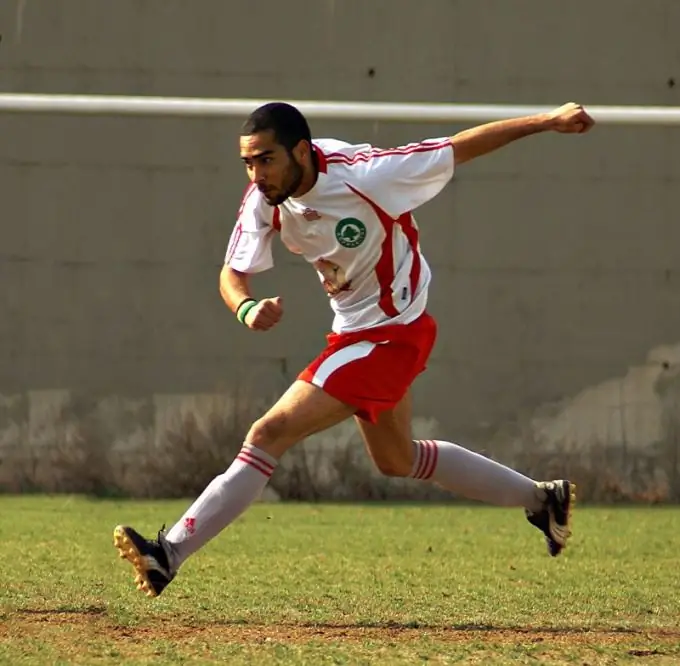- Author Nora Macey macey@family-relation.com.
- Public 2023-12-16 10:17.
- Last modified 2025-01-23 08:48.
I. P. Pavlov spoke about the type of activity that gives a person "muscle joy", implying physical activity by such activity. The famous physiologist was one of the first scientists to fully appreciate and scientifically substantiate the enormous importance of physical activity in the life of the human body.

“A healthy mind in a healthy body” is a familiar saying, isn't it? It is directly related to the question of what physical activity is and what significance this very activity has in human life. However, in order.
In academic terms, physical activity is an activity that occurs as a result of muscle contraction of a person and movement of his body / body parts / limbs in space as a result of the activation of metabolic processes. Simply put, it is a set of movements performed in a certain period of time.
Motor activity is the main function of the muscular system and is of great importance in ensuring the normal functioning of a person. What is the positive effect of this activity on the systems of the human body?
1. Cardiovascular system. Systematic physical activity (sports, physical activity) leads to changes in the heart muscle, increasing its endurance and increasing the life resource. By lowering blood cholesterol levels during physical activity, the risk of developing atherosclerosis is reduced.
2. Respiratory system. The movement stimulates the respiratory center. As a result of these changes, the rate of oxygen transport to the tissues of the body increases.
3. Central nervous system. As a result of physical activity, the processes of excitation / inhibition in the cerebral cortex are stabilized. Through the central nervous system, the endocrine system is activated, leading to the optimal state of the function of the kidneys, liver, and intestines.
4. Hormonal system. During physical activity, the release of endorphins - "hormones of happiness" (they reduce anxiety, anxiety, fear). The body is toned, stress resistance, efficiency, mental endurance increase.
Accordingly, lack of physical activity (hypokinesia) has a negative effect on the entire human body. Its functional reserves are reduced, as a result of lack of movement, the central nervous system is overstrained, chronic stress develops. The immune system suffers. In order to prevent this from happening, it is necessary to develop such a daily routine in which physical activity occupies at least 50% of all human activity.






